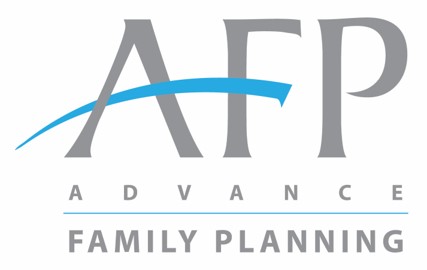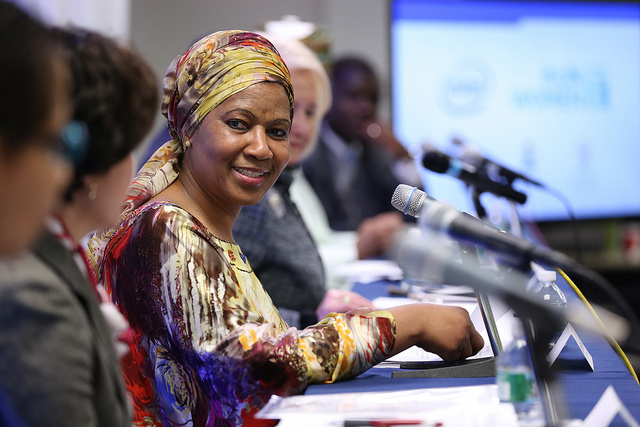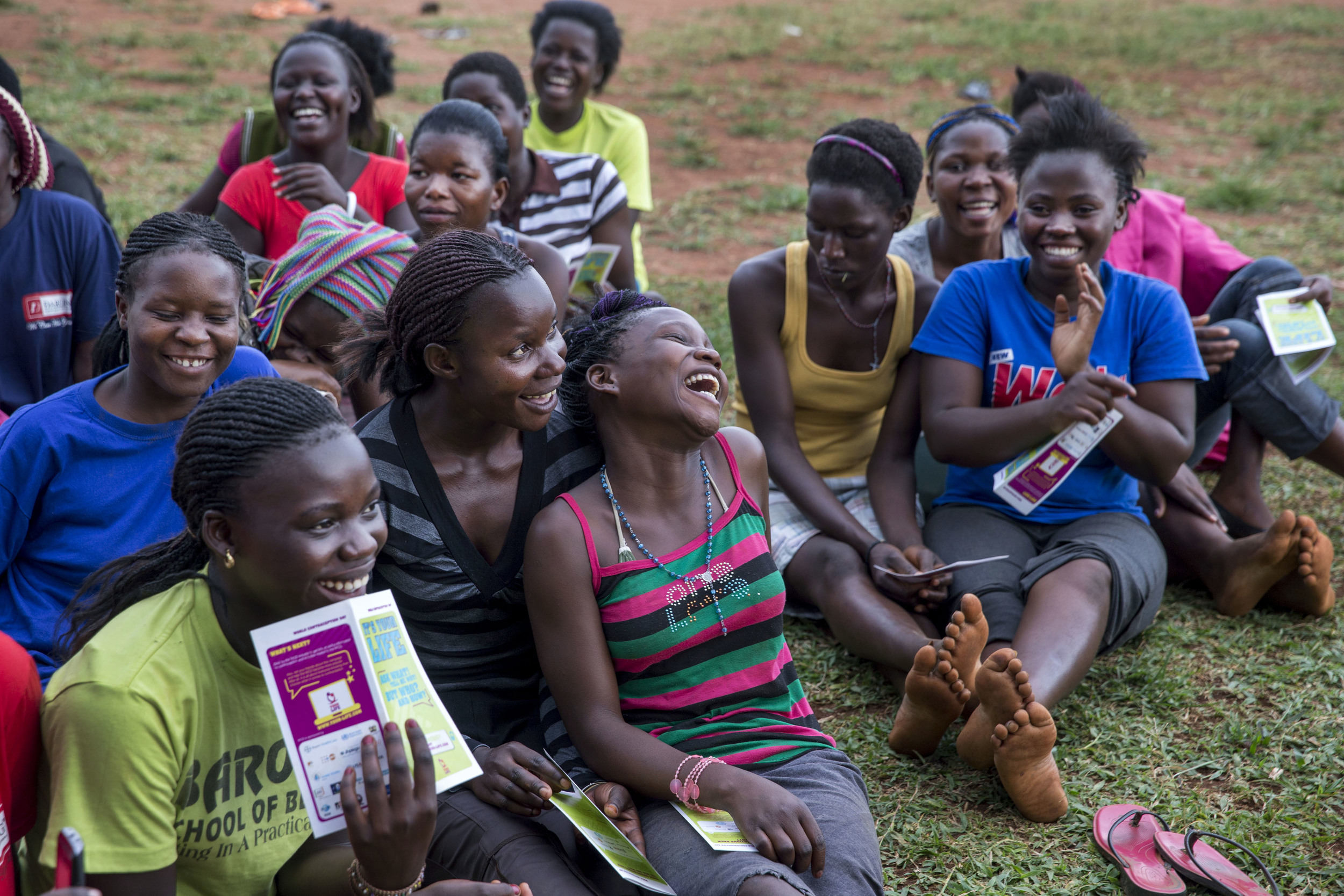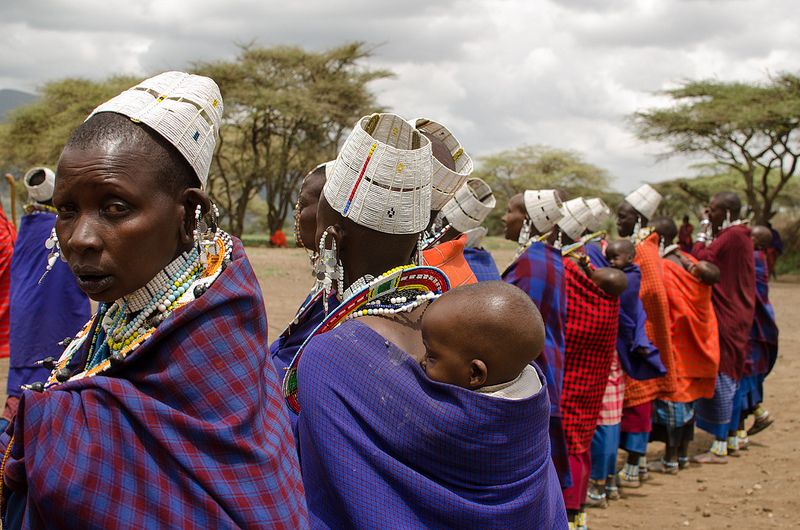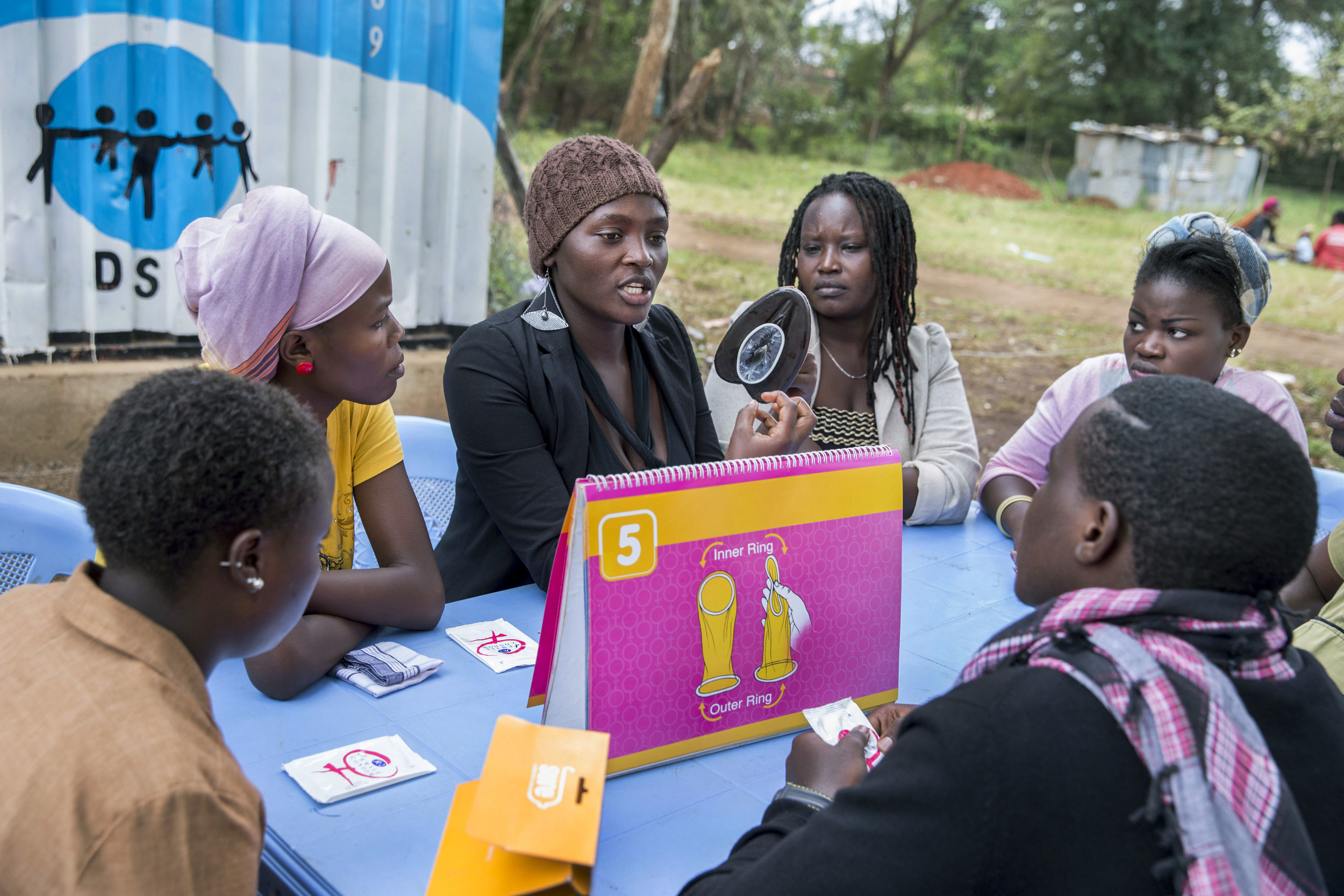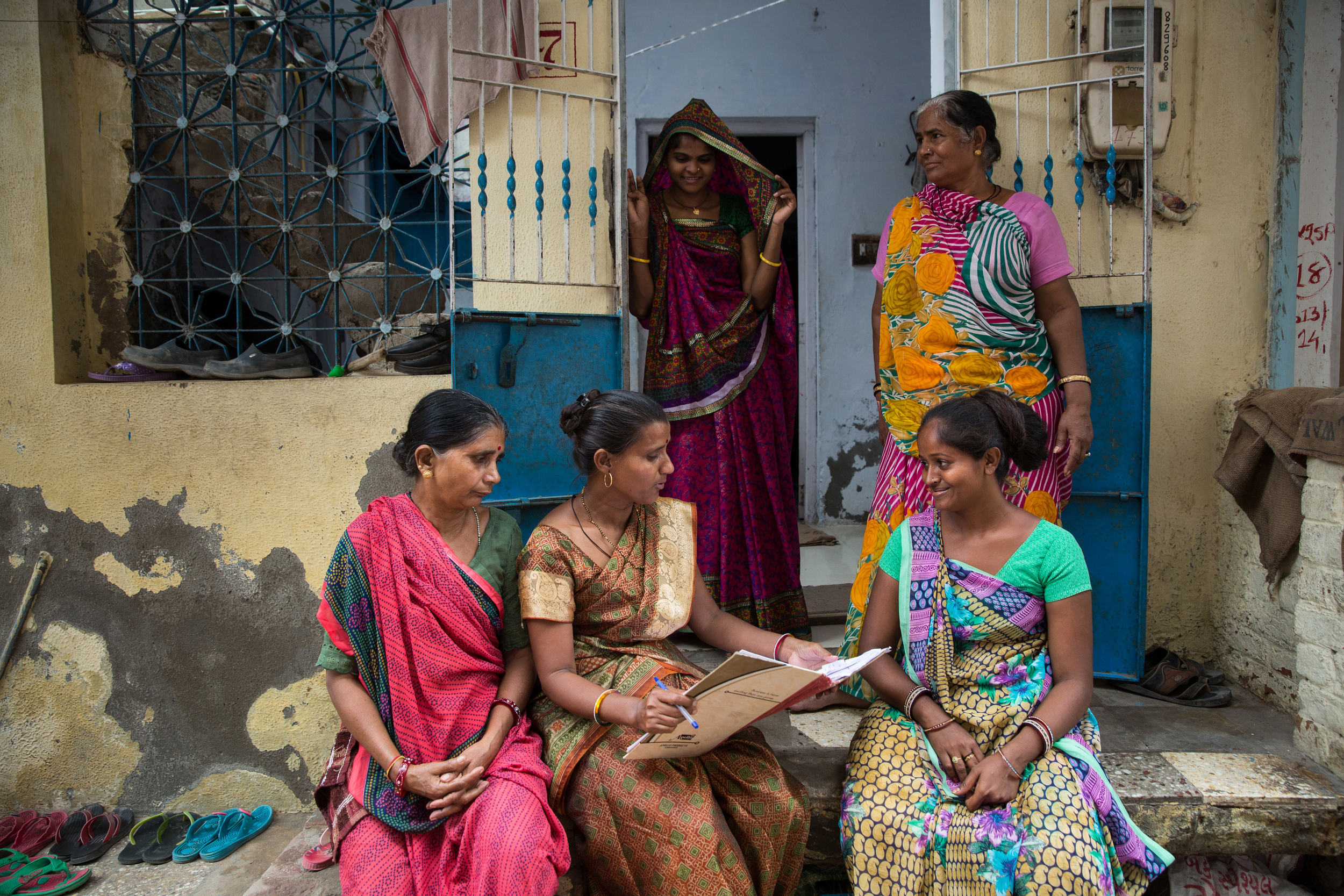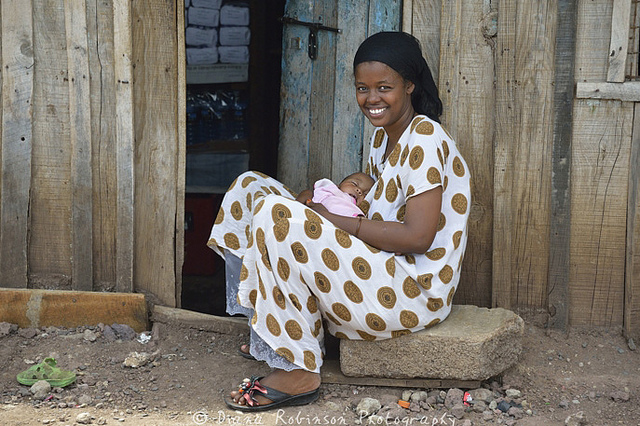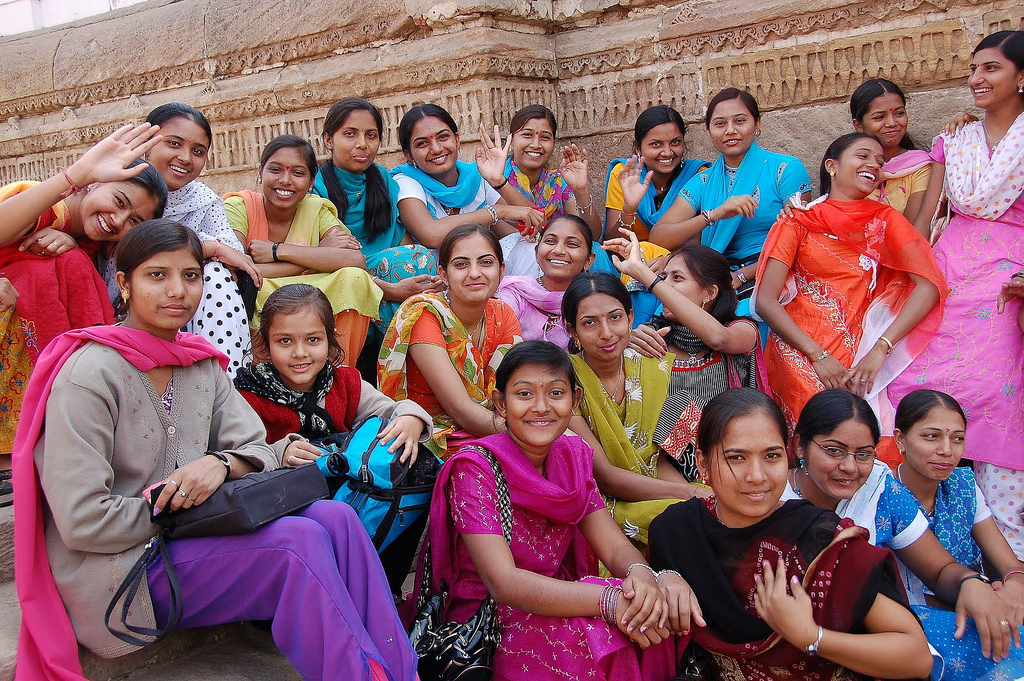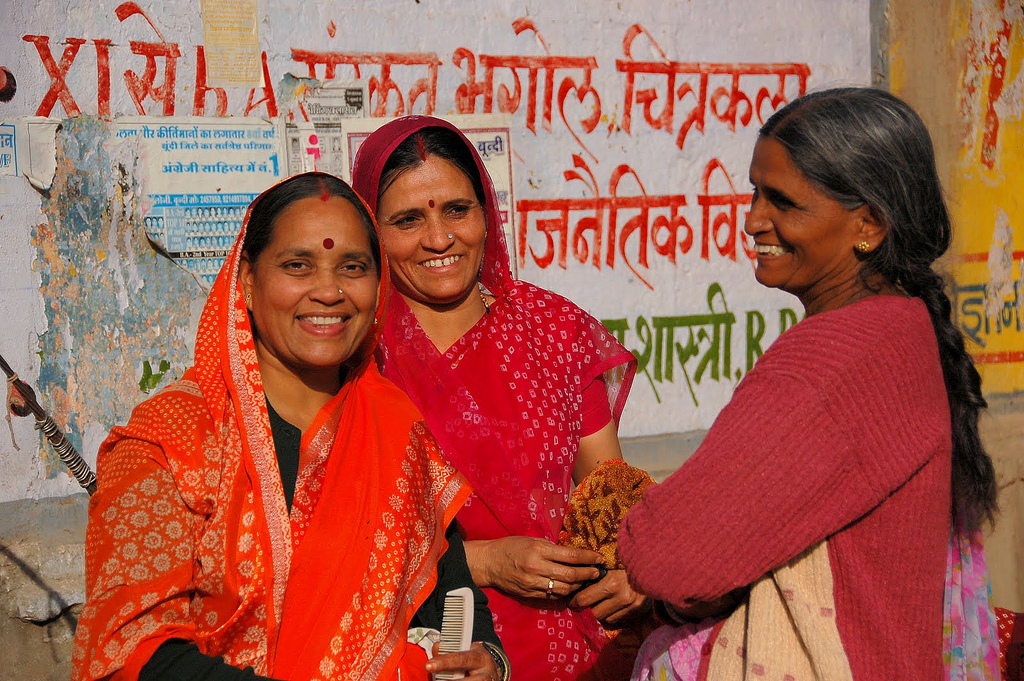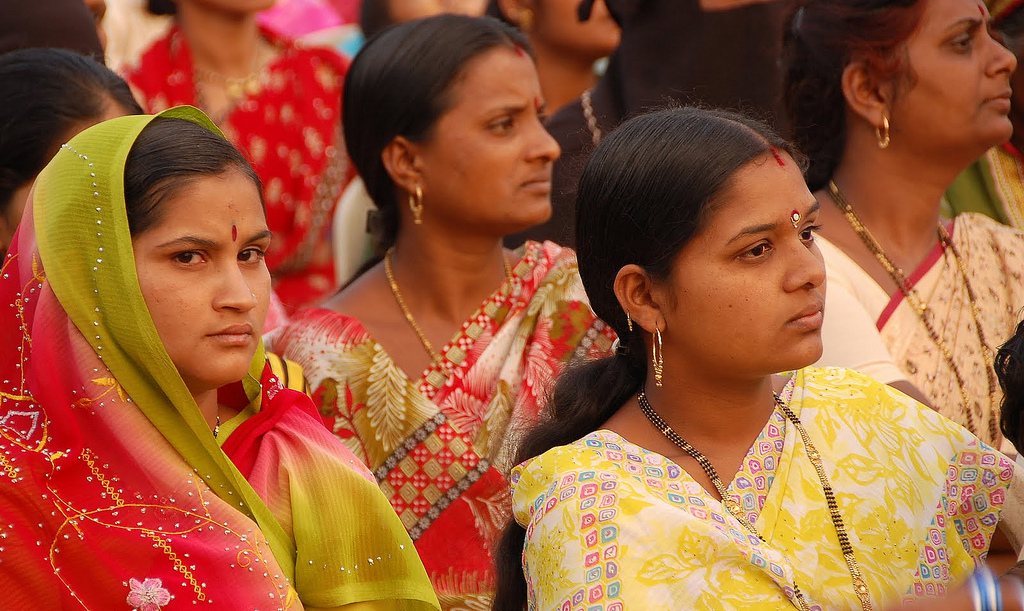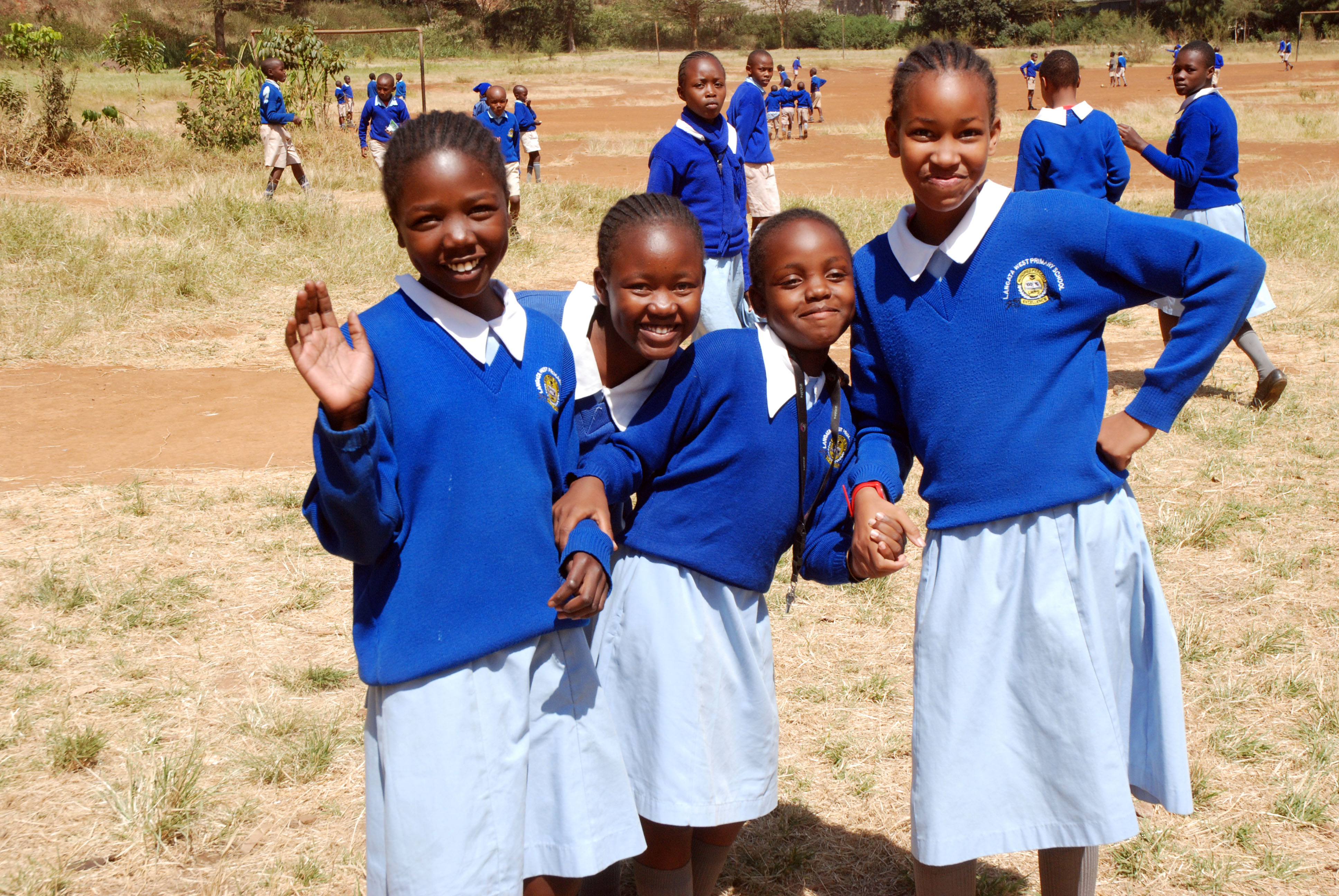View the latest family planning advocacy news from our partners.
The Advance Family Planning (AFP) initiative has received $34.7 million from the Bill & Melinda Gates Foundation to boost and extend its family planning advocacy efforts. The grant will support efforts to make quality, voluntary family planning easier to access for women and girls around the world. It brings total donor support for the initiative to $96.6 million since 2009 and extends it through 2022.
In February 2018, the Gombe State government of Nigeria allocated 20 million Nigerian naira ($65,000) for family planning in the Ministry of Health budget. The funds will be used to train healthcare providers, procure family planning consumables, distribute family planning commodities, and support oversight for healthcare workers.
After a year-long gap without replenished family planning supplies, India’s Uttar Pradesh state Director of Family Welfare and Health enabled the supply of commodities in the Mau district. In December 2017, Mau and two additional districts from the Azamgarh Division were supplied with approximately 1.5 million condoms, 140,000 packets of oral contraceptive pills, 48,900 pregnancy testing kits, and 14,500 falope rings used for sterilization. Moreover, a smoother process with oriented stakeholders will allow for regular replenishment.
On March 9, 2018, the Uganda Ministry of Health approved and adopted a civil society organization (CSO) engagement strategy for the implementation of the country’s Reproductive, Maternal, Newborn, Child, and Adolescent Health (RMNCAH) Investment Case for the Global Financing Facility.
On February 28th, Tanzania’s National Bureau of Statistics launched a National Population Projections Report (2013-2035) based on the 2012 national census.
The Ministry of Health in Nyeri County has established a stand-alone youth-friendly services clinic to provide reproductive health and family planning information and services to young people, including students in institutions of higher learning. The clinic began offering services on February 12, 2018, and will be officially opened later this month.
Between December 2017 and January 2018, 13 private health facilities and clinics in Uttar Pradesh’s Sultanpur district began providing free family planning counseling and services on one day every month. The services include provision of intrauterine devices (IUDs), condoms, and oral contraceptive pills. Private health facilities and clinics typically provide these services at a cost to clients.
Makueni County is the first county in Kenya to capture post-partum family planning specific data. On July 4, 2017, the county director of medical services issued a circular directing all facility in-charges and medical superintendents to record and report monthly post-partum family planning (PPFP) data.
The National Health Mission, India approved a total increased budget of 45.1 million Indian Rupees (INR) (US $688,000) for developing and procuring information, education, and communication (IEC) materials and postpartum intrauterine device (IUD) insertion forceps in Maharashtra state’s budget for fiscal year 2017-2018.
Private sector family planning providers in India received a significant boost in December 2017, when the National Health Mission (NHM) recognized the Clinical Outreach Teams (COT) approach as a distinct service delivery model in its Public-Private Partnership policy.
In October 2017, state health officials acquired contraceptive counseling wheels and family planning tracking materials for all service providers in public health facilities located within India’s Maharashtra state.
The ministries of health and education in Kenya’s Narok County are implementing their multi-sectoral costed action plan to address the county’s high teenage pregnancy rate. Narok County leads Kenya in the number of women aged 15 to 19 who have begun childbearing at 40%, far above the national average of 18%[i]. Approved in May 2017, the plan aims to prevent unintended pregnancy by providing targeted interventions for adolescents.


